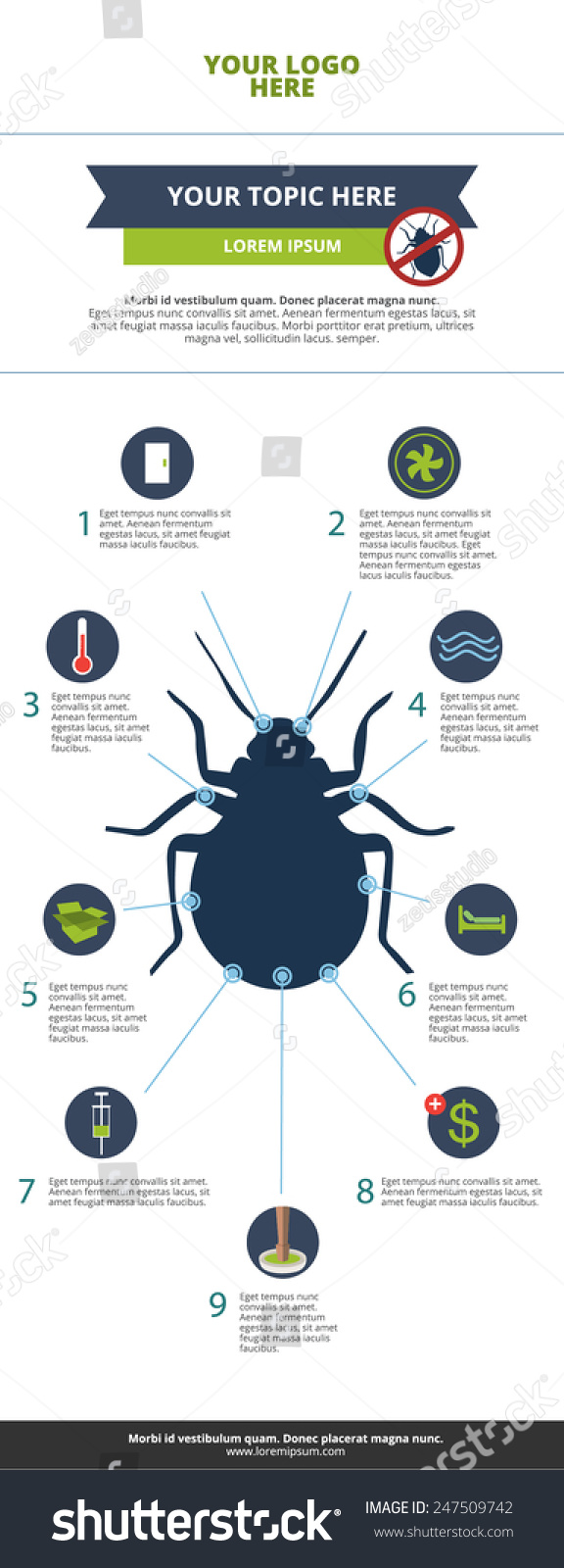Delving Into Advanced Approaches Employed By Pest Administration Professionals
Delving Into Advanced Approaches Employed By Pest Administration Professionals
Blog Article
Staff Writer-Winther Carpenter
Are you tired of relying solely on sprays to take care of bugs in your home or workplace? While sprays can work, pest control specialists have actually established innovative strategies that surpass just splashing chemicals.
These techniques not only provide more effective and lasting remedies, however also focus on minimizing using unsafe chemicals. By exploring these sophisticated strategies, you will certainly discover a whole brand-new world of parasite control methods that are not only reliable, however likewise eco-friendly.
So, are you all set to take your bug control game to the next level?
Integrated Bug Monitoring (IPM)
If you're seeking an effective and environmentally-friendly technique to pest control, Integrated Pest Administration (IPM) is the remedy you need. IPM focuses on lasting avoidance and monitoring of parasites, rather than simply counting on pesticides. This strategy thinks about the particular requirements and behaviors of pests, along with the surrounding environment.
By utilizing a combination of strategies such as biological control, environment control, and targeted pesticide use, IPM aims to reduce the dependence on chemical therapies and decrease injury to non-target organisms.
One vital aspect of IPM is monitoring and identifying insects precisely. This involves regularly inspecting and evaluating the pest population, along with recognizing the particular varieties existing. By comprehending the biology and habits of parasites, parasite control professionals can develop targeted techniques to disrupt their life process and reduce their numbers.
One more important aspect of IPM is making use of non-chemical control approaches whenever feasible. This can consist of physical obstacles, such as setting up screens or sealing splits and holes, to avoid insects from getting in buildings. Furthermore, https://www.reddeer.ca/city-services/animals-and-wildlife/living-with-wildlife/ , like proper cleanliness and waste management, can help eliminate parasite food sources and reproducing grounds.
When chemicals are essential, IPM concentrates on using them deliberately and as a last resort. This suggests choosing the least hazardous and most effective option, using it specifically and just to influenced areas, and complying with all safety and security standards. By reducing chemical use, IPM reduces the prospective dangers to human wellness and the setting.
Biological Control
To additionally boost the efficiency of Integrated Parasite Monitoring (IPM), the next subtopic we'll check out is the approach of organic control. This strategy utilizes natural killers or parasites to regulate bugs.
Right here are 4 essential aspects of biological control:.
1. Introduction of all-natural enemies: In this approach, beneficial pests or microorganisms are presented to the area ravaged with bugs. These natural adversaries take advantage of the parasites, aiding to decrease their populace.
2. Preservation of all-natural opponents: Instead of presenting brand-new organisms, this method focuses on creating an ideal setting for existing advantageous insects. This can be attained through offering food, sanctuary, and water sources.
3. Augmentation: Here, the variety of natural enemies is raised artificially by breeding and releasing them into the ravaged location. This assists to quickly minimize the pest population.
4. Push-pull strategy: This method integrates repellents and attractants to adjust the habits of parasites. Repellents press pests away from crops, while attractants tempt them in the direction of catch crops or locations where they can be conveniently regulated.
Habitat Modification
Environment adjustment plays a vital function in parasite control by altering the setting to discourage bug infestations. By making changes to the physical qualities of an area, you can create an inhospitable setting for pests, making it harder for them to survive and thrive.
One common approach of environment alteration is removing or lowering prospective food resources for bugs. This can include correct waste management, sealing containers, and tidying up food crumbs.
Additionally, eliminating or decreasing locations of standing water can help control insects like mosquitoes.
Altering the landscape by cutting trees and bushes far from buildings can also avoid pests from accessing your property.
Final thought.
So there you have it - the innovative techniques utilized by parasite control experts go beyond just spraying chemicals. Integrated Bug Administration (IPM) integrates various techniques to properly regulate bugs, while organic control utilizes natural opponents to maintain bug populaces in check.
Environment alteration also plays a vital duty in preventing parasite problems.
Did https://tylerpaper.com/news/local/ordinances-address-citys-stance-on-wild-animals/article_db029997-c3c0-5100-9059-b82c6701401e.html understand that according to a research study, carrying out IPM techniques reduced pesticide usage by approximately 71%? This not only safeguards our health and wellness and the setting yet likewise saves money in the future.
